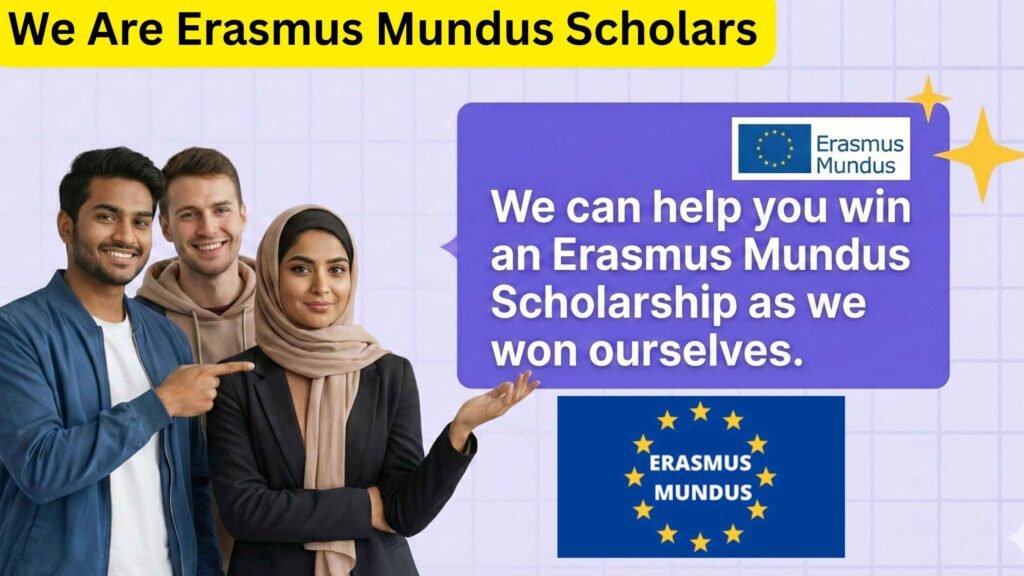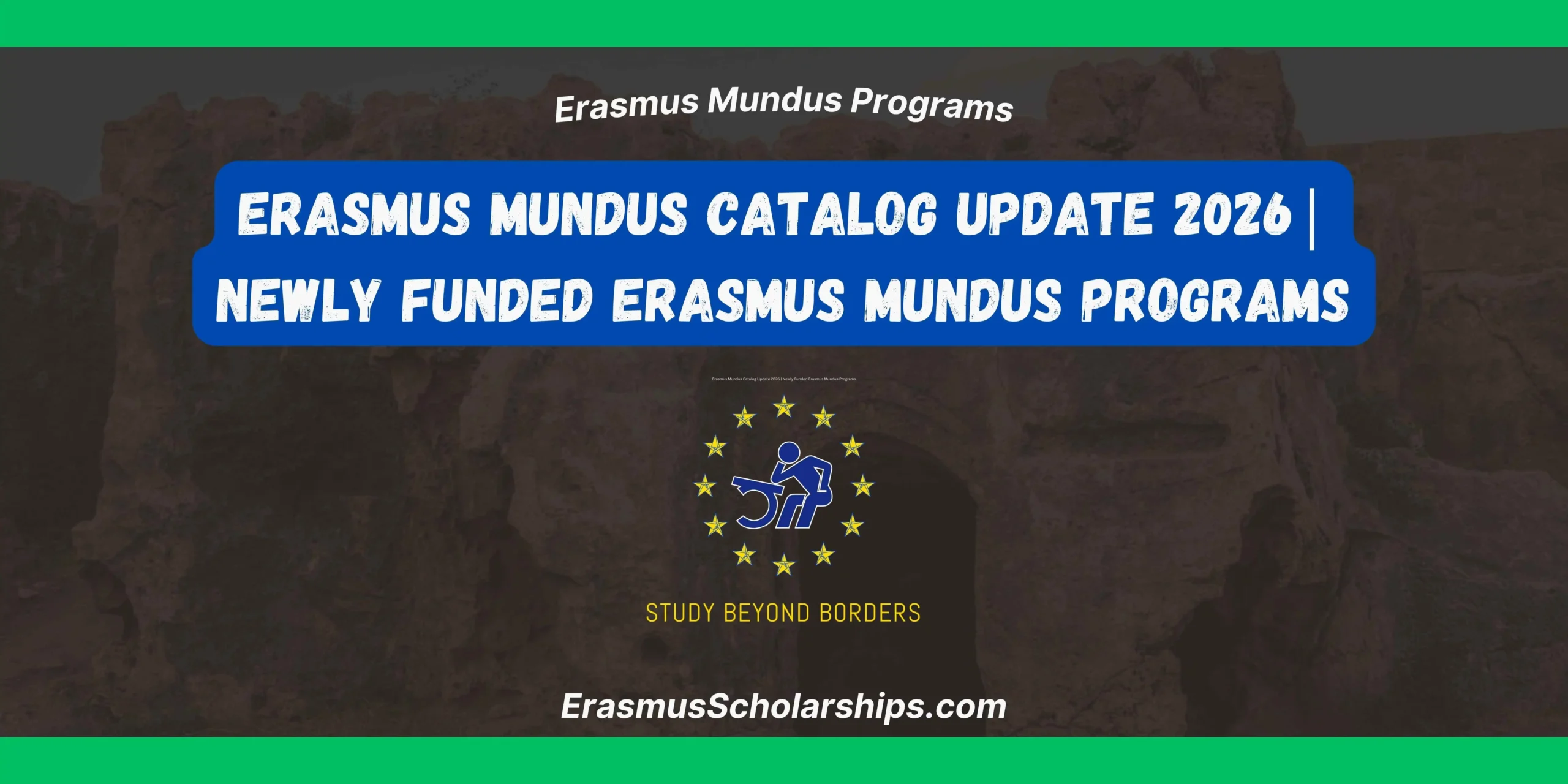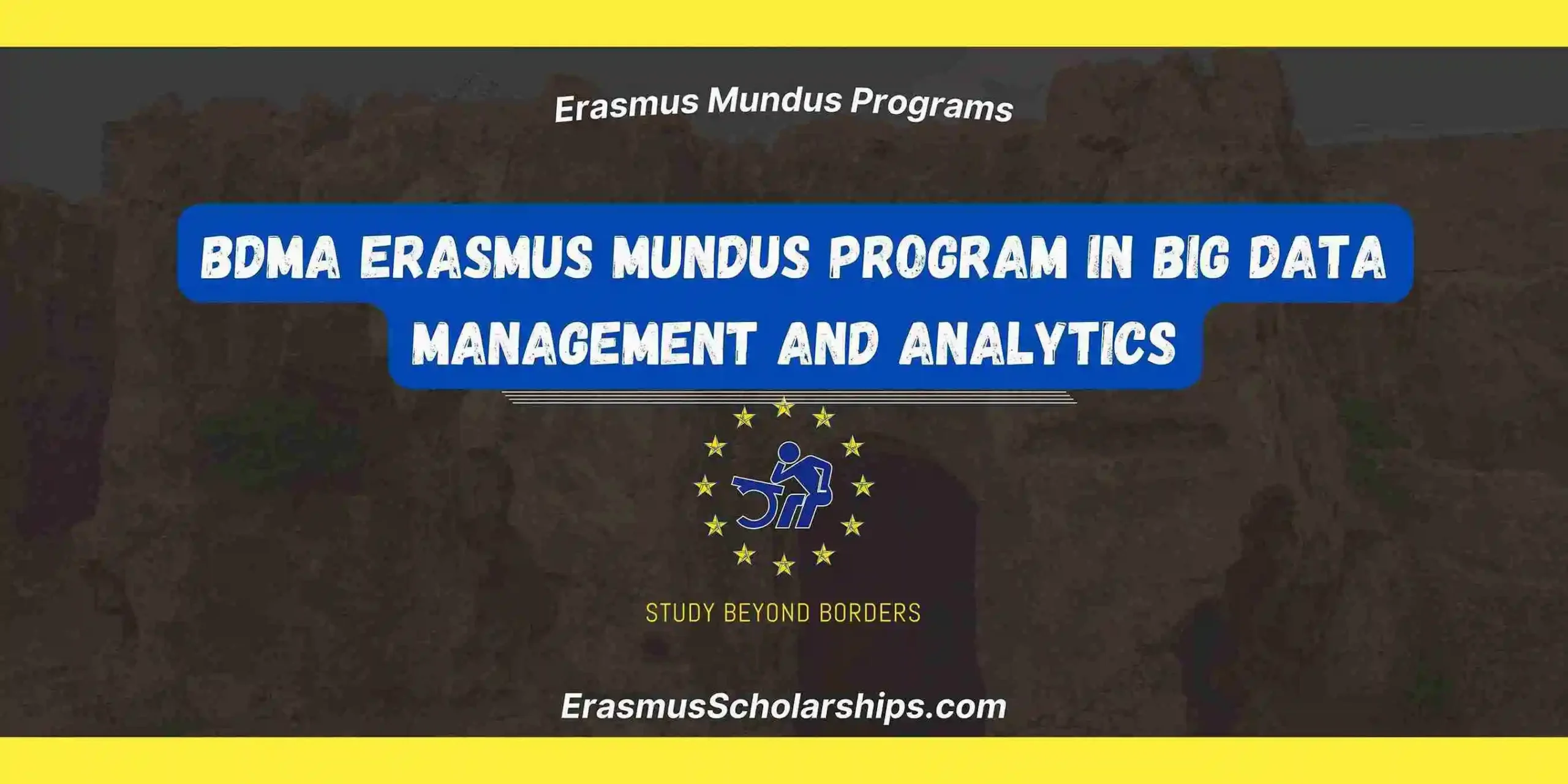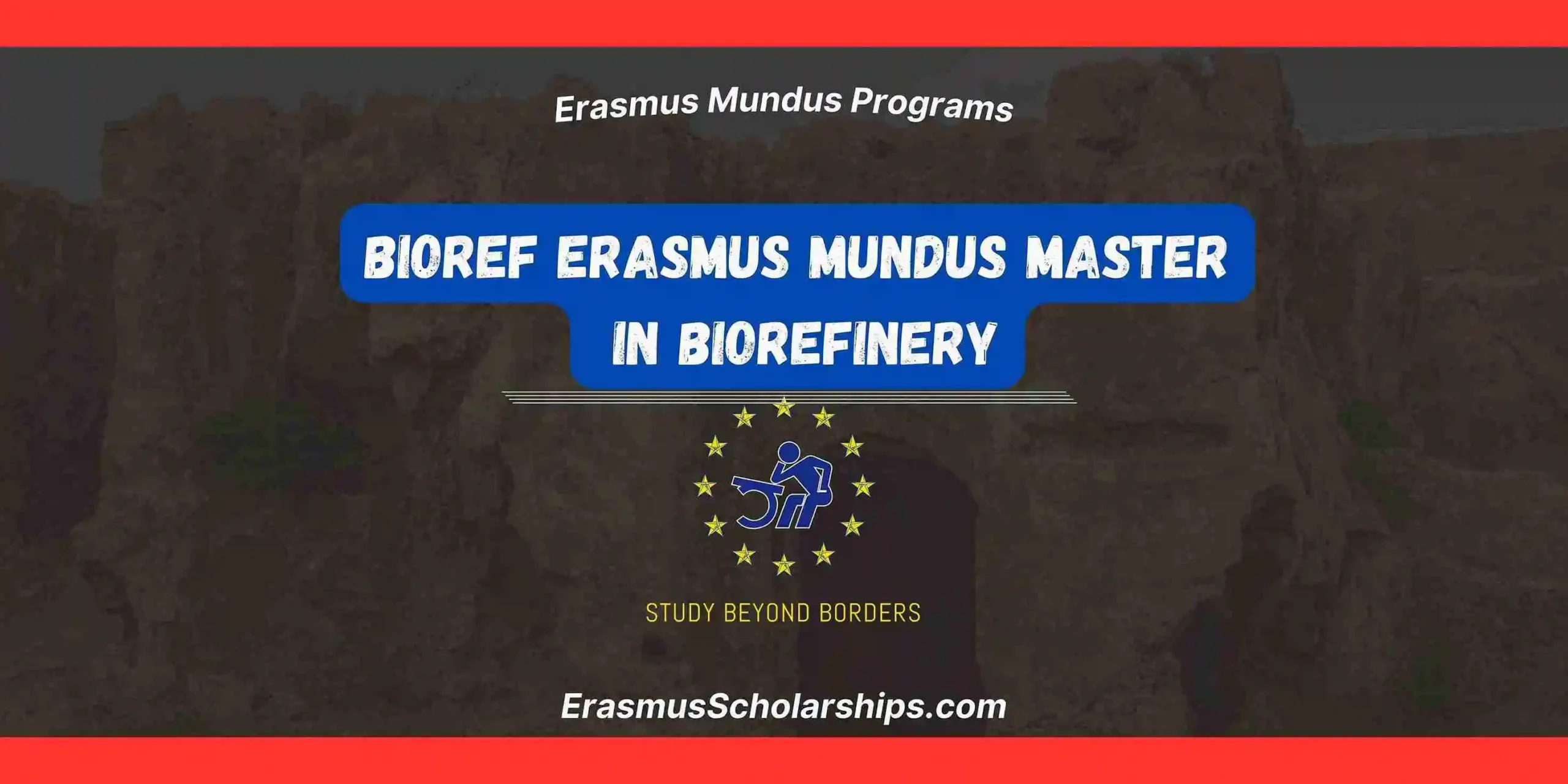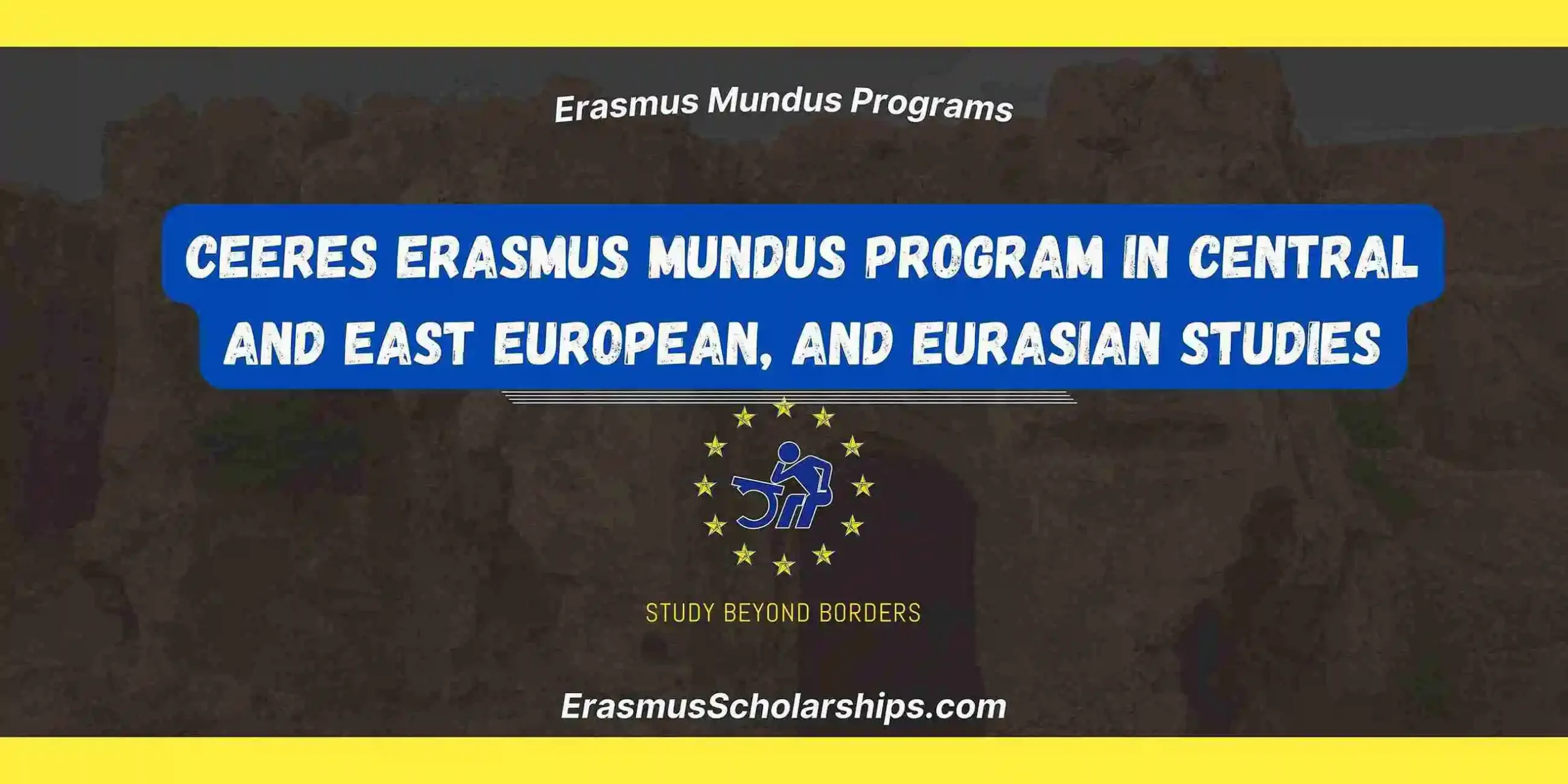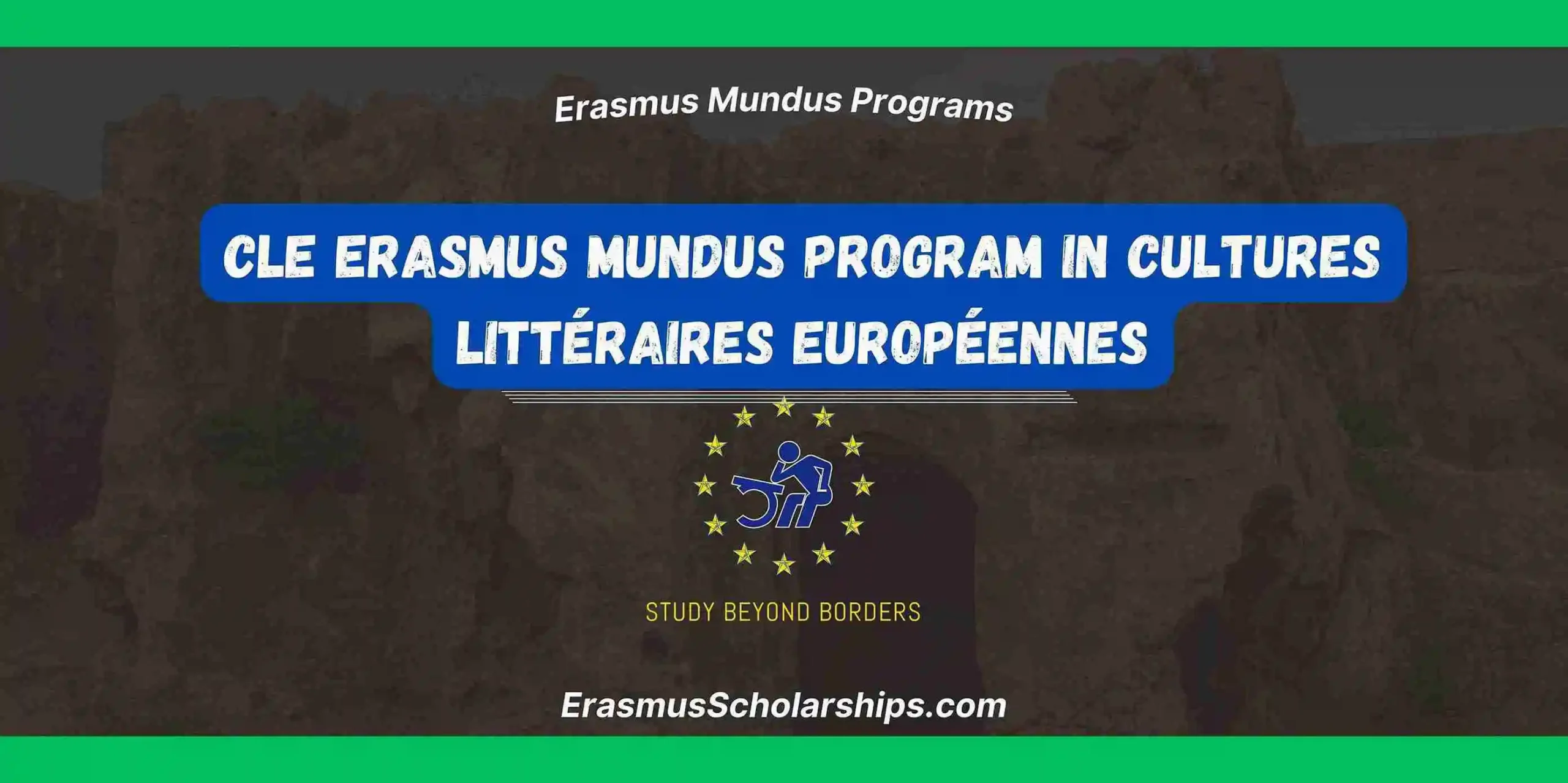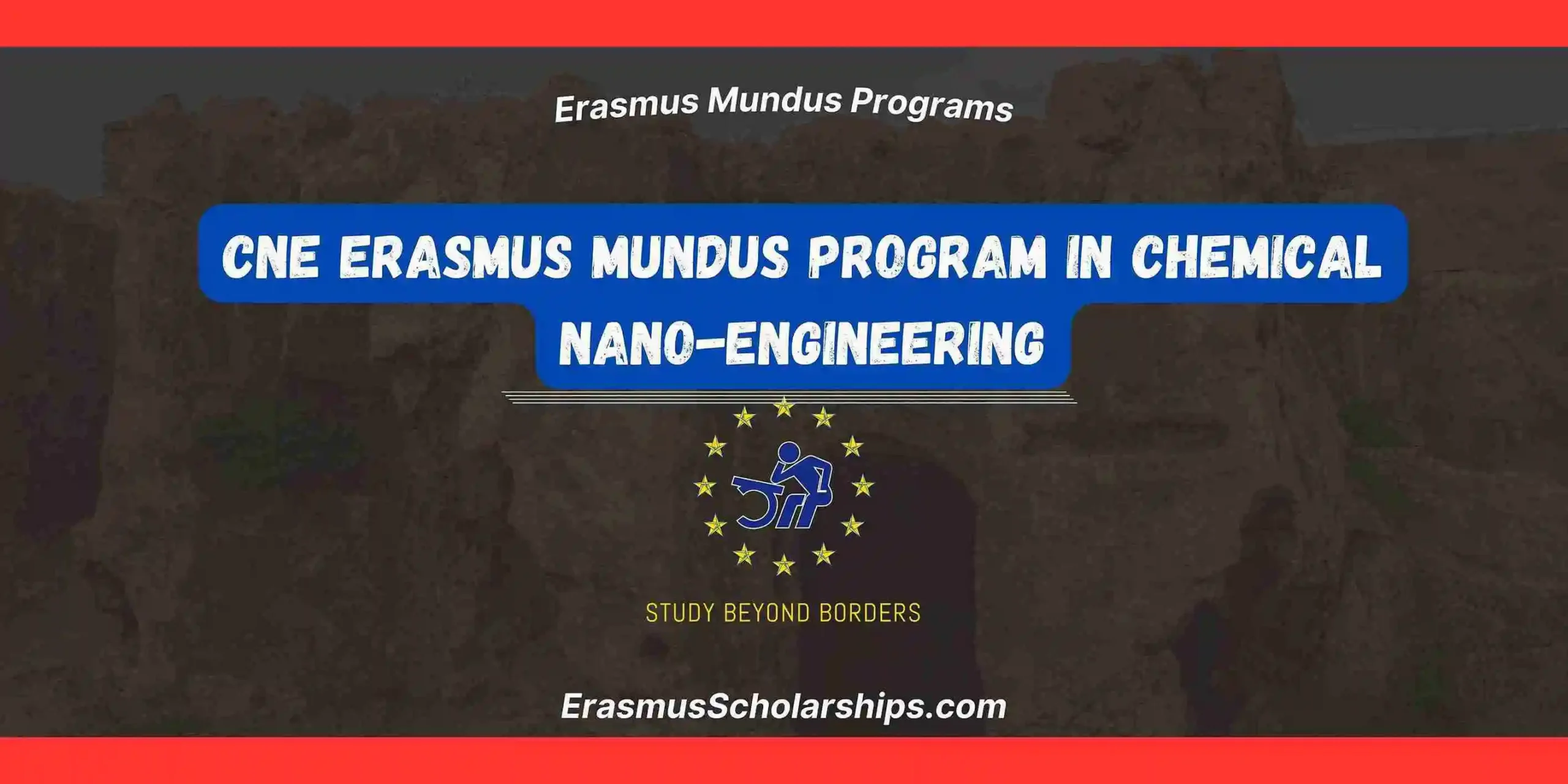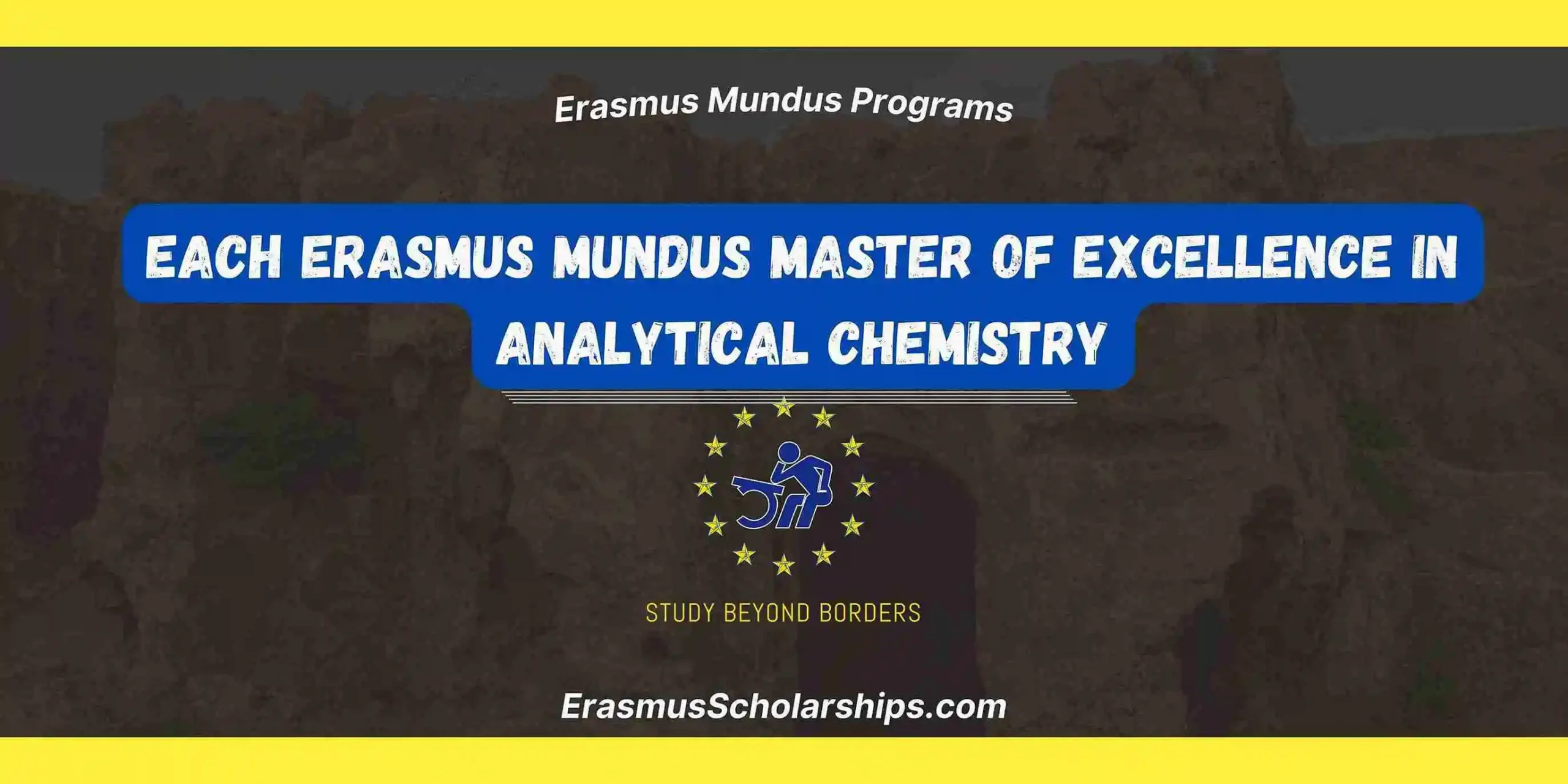The FilmMemory Erasmus Mundus is an advanced two-year (120 ECTS) master’s program combining theoretical rigour with hands-on experience in audio-visual heritage. Students learn to preserve, restore, and re-circulate film heritage, both analog and digital, across evolving screen cultures. With a focus on political, industrial, and social histories of film, the curriculum covers archival practices, digital media, metadata analysis, and cultural critique.
Taught in English across four cities, Brussels, Lisbon, Dublin, and Tallinn, the program welcomes around 24 students globally each intake. It emphasizes intercultural competence through mobility, critical engagement with film archives, and production of innovative audio-visual research projects.
Project Status
- Status: Ongoing
- Start date 01-11-2023
- End date 31-12-2029
- Action Type: Erasmus Mundus Joint Master
- Universities Involved
- Countries Involved
The FilmMemory Erasmus Mundus program offers students the opportunity to study at four top-tier universities across Europe.
| LUCA School of Arts |
| Universidade Lusófona |
| IADT |
| Baltic Film Media and Arts School, Tallinn University |
| Belgium |
| Ireland |
| Portugal |
| Estonia |
This cross-border collaboration allows students to gain an international perspective while studying and researching in the heart of Europe’s academic and industrial hubs.
Description of the FilmMemory Erasmus Mundus Program
FilmMemory Erasmus Mundus trains professionals capable of archiving and critically mobilizing audio-visual heritage. Graduates gain archival restoration skills, film data analytics, digital curation, and research competencies, preparing them for roles in archives, festivals, labs, museums, and academia .
Key features of the FilmMemory Erasmus Mundus Program
- Full EMJM Scholarships cover tuition and grant €1,400/month for 24 months.
- Mobility across four countries: Belgium → Portugal → Ireland → Estonia/partner.
- Interdisciplinary curriculum merging theory, practice, and data-driven film analysis.
- Small cohorts (~24 students), with access to audio-visual partners like archives and festivals.
Mobility tracks of the FilmMemory Erasmus Mundus Program
| Semester | Location |
|---|---|
| 1 | Brussels (LUCA School of Arts, Belgium) and lectures from Tallinn (BFM, Estonia) |
| 2 | Lisbon (Universidade Lusófona, Portugal) and lectures from Tallinn (BFM, Estonia) |
| 3 | Dublin (IADT, Ireland) and lectures from Tallinn (BFM, Estonia) |
| 4 (Master’s Thesis) | In program or partner institutes around the world |
Admission Requirements
- Bachelor’s (EQF Level 6+) in Film/AV Arts, Communication, Cultural or Heritage Studies, or related fields.
- English proficiency (minimum B2; e.g., IELTS ≥6.0, TOEFL iBT ≥79, Duolingo ≥110).
- Submission of CV, motivation letter, transcript, proof of English, optionally portfolio or project proposal.
How to apply for FilmMemory Erasmus Mundus Program
- Apply via the online portal on the FilmMemory site during the application window.
- Upload CV, transcripts, motivation letter, English certificate, photo, and supporting documents.
- Prepare a graduation project proposal 500 words. and
- An assignment with an option to choose from 1200 word written essay/ audio-visual essay/ film based data analytics project.
- Digital Essay
- Attend online video interview if shortlisted.
Tips to win the FilmMemory Erasmus Mundus Program
- Craft a strong project proposal reflective of archival and cultural research.
- Demonstrate digital or practical skills in film, such as data analytics or preservation.
- Show clear motivation for mobility and interdisciplinary study.
- Prepare thoroughly for the video interview: discuss motivation, project plans, and fit.
Application Timeline
- Deadline: In January
- Interview window: In March by video conference
- Selection notification: May
- Program start: September 2025
Curriculum Structure of the FilmMemory Erasmus Mundus Program
- Semesters 1–3: Core modules: Archives & Artistic Creation, European Screen Studies, Film Archive & Heritage, Film Data Analytics & Management, Research Methodologies (10+5 ECTS each semester).
- Semester 4: FilmMemory Project (30 ECTS) – a graduation project in theory, archive, or creative production, placed at one of the four partner institutions.
Coordinator Contact
- Program Secretariat
- Email: filmmemory@luca-arts.be
Frequently Asked Questions (FAQs)
What scholarship options are available for the FilmMemory Erasmus Mundus Program?
Full EMJM scholarships include full tuition waiver and €1,400/month stipend for 24 months, plus travel and visa support. Additional FilmEU diversity scholarships are also offered.
What academic background is required for the FilmMemory Erasmus Mundus Program?
Applicants need a Bachelor’s in film, media, cultural studies, communication, heritage, or similar fields, with strong motivation and digital/archival interest.
Can non-EU applicants apply to the FilmMemory Erasmus Mundus Program?
Yes, scholarships and self-funded places are open globally; cohort typically includes students worldwide.
When will I find out if I’ve been invited to interview for the FilmMemory Erasmus Mundus Program?
Interview invitations are usually sent late February or early March, following the January deadline.
What is the graduation project in the FilmMemory Erasmus Mundus Program?
A 30 ECTS capstone project involving creative production, archival research, or data analysis, conducted at one of the Program’s partner universities in semester 4.

